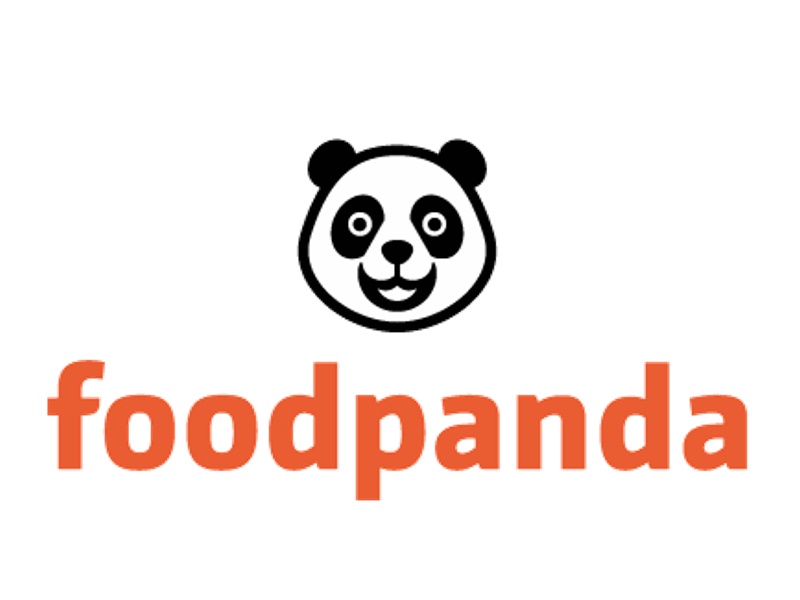
Foodpanda has become profitable in two of its three operating regions, Central and East Europe and the Middle East, with profits in Asia a function of how quickly it can grab market share, its chief executive said on Tuesday.
The emerging markets food delivery specialist said it had become profitable in the Middle East after agreeing to a deal to merge its Hellofood business in Saudi Arabia with Saudi delivery firm Hungerstation.
The combined operation will serve 1 million active customers and 2,000 restaurants across 30 cities in the largest Gulf state. It also runs food delivery services in Egypt as Otlob and in the United Arab Emirates as 24h.ae.
Foodpanda, 49 percent owned by Berlin-based ecommerce investor Rocket Internet, turned profitable in its nine-country Central and Eastern Europe region earlier this year, the company said.
The global food delivery market is consolidating quickly through acquisitions and asset swaps and as investment in new start-ups has fallen sharply in the past year. Companies such as Foodpanda are under pressure to produce profits instead of chasing growth at any cost as consumers are increasingly shifting to on-demand food delivery ordered via mobile phones.
“We are profitable in two of our three broad regions,” said Ralf Wenzel, co-founder and chief executive of four-year-old Foodpanda group. “In Asia, we are focused on improving market share”.
Company-wide, adjusted earnings before interest, taxes and depreciation, including stock-based compensation, improved to a loss of EUR 13.0 million ($14.40 million) from a loss of EUR 18.7 million a year earlier, Rocket reported in late May.
Foodpanda is market leader in 23 of the 24 markets in which it operates and is working to win more customers to its mobile phone-based delivery service in each market, Wenzel said.
“Over the next couple of months we will turn break-even and then profitable in the first Southeast Asian countries,” Wenzel said.
“For us, it has become just a matter of scale as we have positive gross margins in all of our countries and positive unit economics. It only becomes a question of the number of orders before we become profitable”.
© Thomson Reuters 2016
[“Source-Gadgets”]













